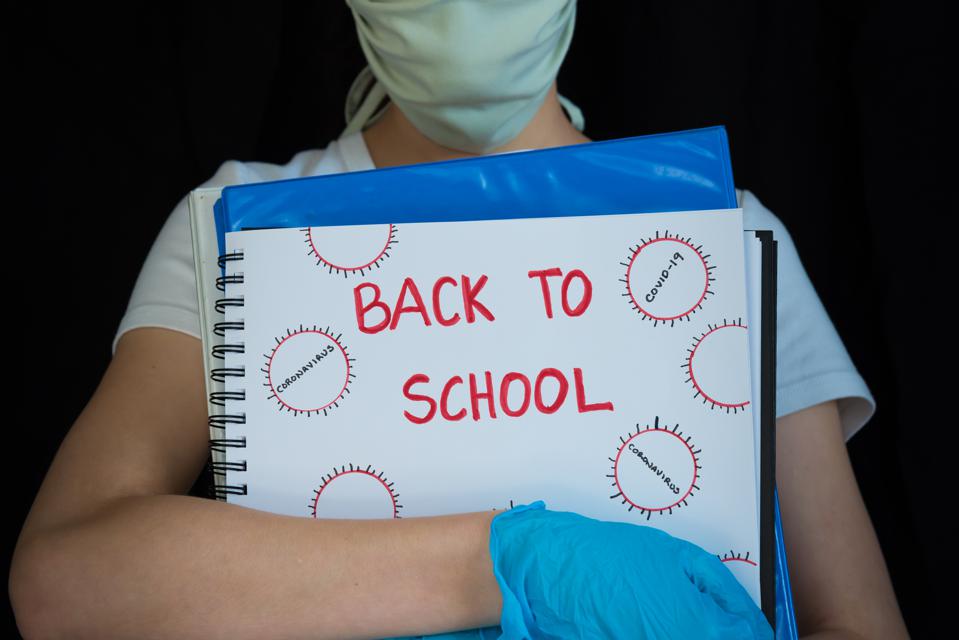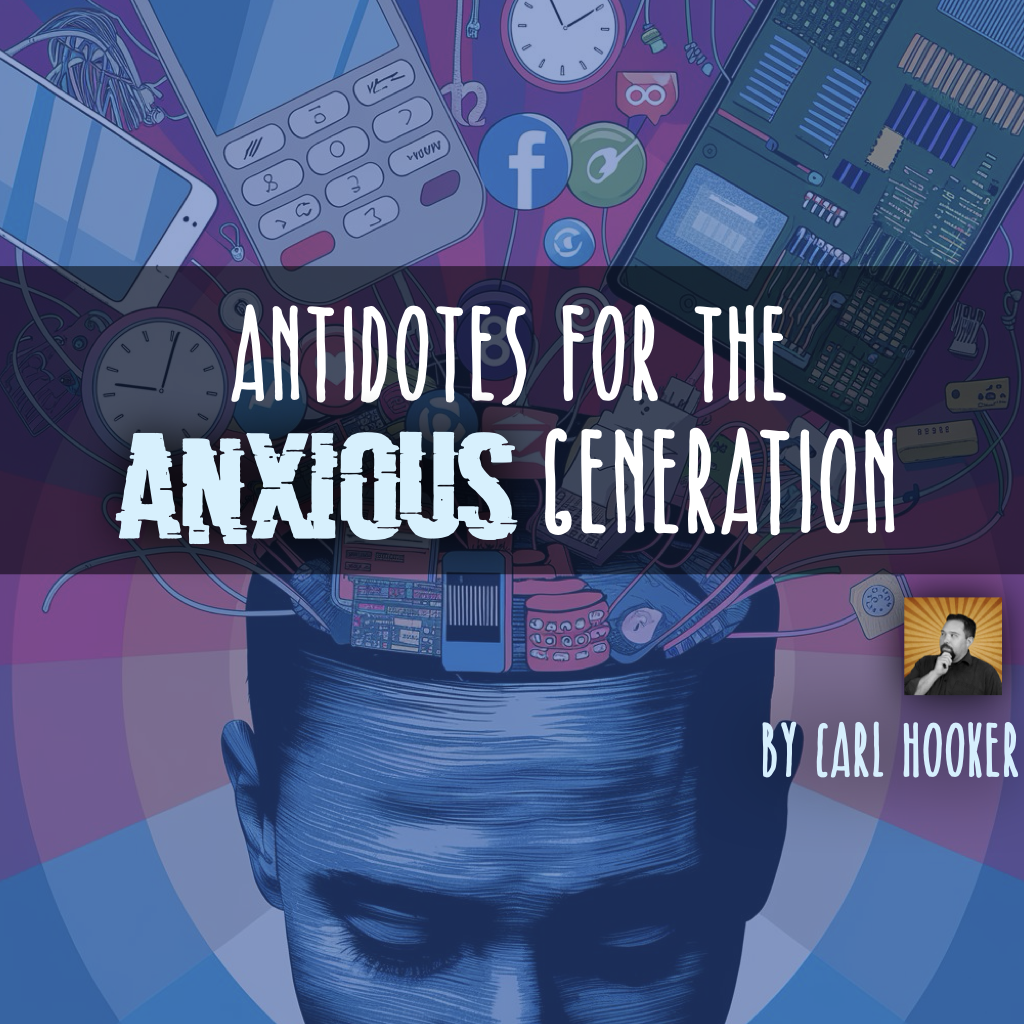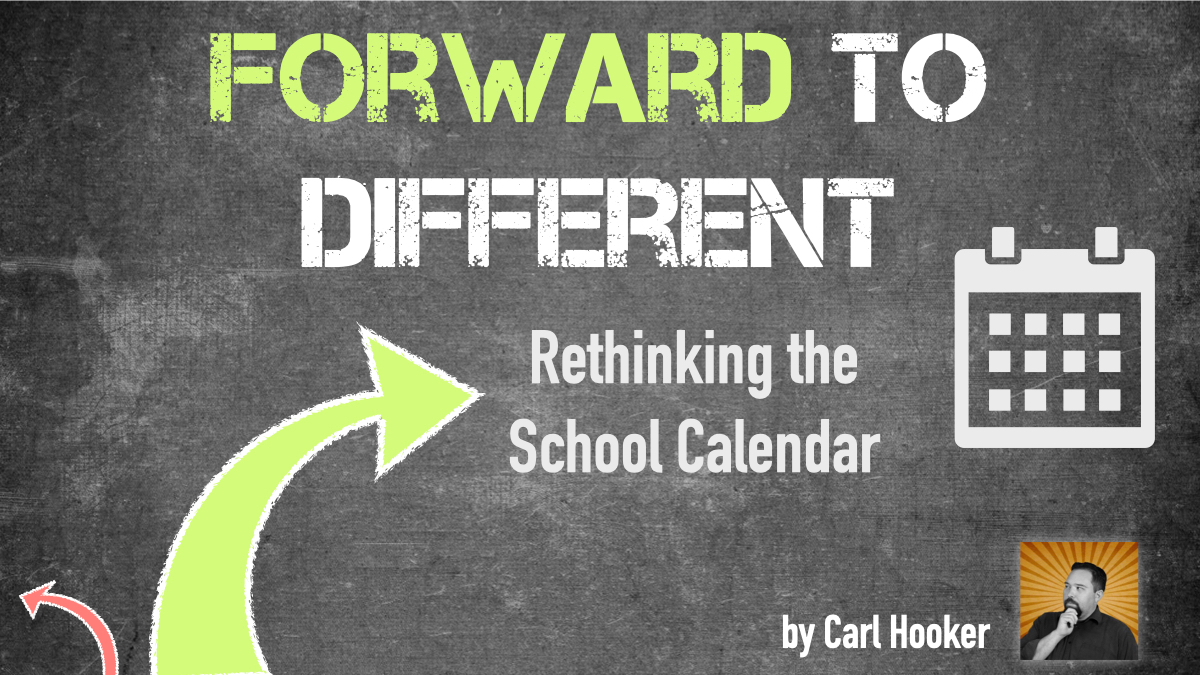Lessons from 2020-2021: Feedback from District Leaders

It feels like there’s a finish line in sight… it just happens to be a dozen or so weeks away, and then we can take a breath. Maybe. For many educators, anticipating the end of the 20-21 school year involves a blend of dread, relief, and hope. In this update I’m condensing many of the conversations I’ve had with district leaders from across the US over the last 2 weeks. While there’s still work to do, and every single superintendent I’ve talked with is exhausted, there is a cautious optimism that we’ll recover from this past year.
For all the disruptions we’ve navigated over this current school year, we are bound to find more over the summer. Some expect a number dismal results academically (see our earlier post on The Blame Game). Some expect further disruption in enrollments as schools return to more consistent in-person learning. And we expect a lot of turnover in our learning communities.
That turnover, teachers and administrators both, will only amplify the stress educators already feel. Wisconsin (as one example) has already seen a rise in provisional licensees according to the Wisconsin DOE, and the number of teacher applicants has dropped radically in the last year. And in one grouping of 100 Pennsylvania districts the average superintendent has been in their job for just 2.2 years.
So, what have we learned, and how can we execute a plan based on those lessons? The good news is that some there are some very meaningful interventions well within our grasp:
It Takes a Village- we’ve always known that parents and guardians are essential to a student’s success, but that’s never been more apparent than this past year. And along with parents, this year we’ve seen the increased role of student services, and an engagement of teams and staff to help ensure the wellbeing of every student.
so how to respond: develop protocols and systems to help those groups coordinate more easily. Email is not the answer… Invest in portals that easily create groups , make it easy for teams to view and act on student data, and communicate plans and updates from a central location.
Master curricula reduce stress and increase educational quality. While the scheduling disruption this year has affected all of us, teachers who have had a well-developed scope and sequence embedded in their learning management system were better prepared to handle the chaos. And districts that invested the time in helping to populate those curriculums found that both new and experienced educators were less stressed.
Collaborate on curriculum design. Federal relief funds would be well invested them PLCs that can design master courses that can be populated into an LMS and shared with every teacher at the beginning of the semester. And as a bonus: a clearly articulated course plan will give parents and guardians a better context to help their students when they are at home.
PLCs and mentoring- with the number of new leaders and teachers in our schools, find those resources that make it easy for cohorts to connect and support each other. As you think about your digital strategies going into 2021, consider platforms that enable “Learning Community Management” along with online content delivery. Seldom do district prioritize mentoring and peer support, and it is frequently left up to the teachers to organize. And young administrators often find themselves alone thinking that they should already have all the answers, but in reality, are clearly learning on the job. Communities and networks like K12Leaders can help connect educators with mentors and peers to coach them through the rough patches.
These are all pretty straight forward.犀利士 .. None of these options require a massive investment, or significant political capital. Most simply build on best practices we’ve understood, but perhaps had more urgent things to take care of over this past year. With the end in sight, and a little bit of hope, maybe we’ll be able to put the energy back into redeveloping these high impact habits!
Recommend0 recommendationsPublished in Learning Loss






Responses